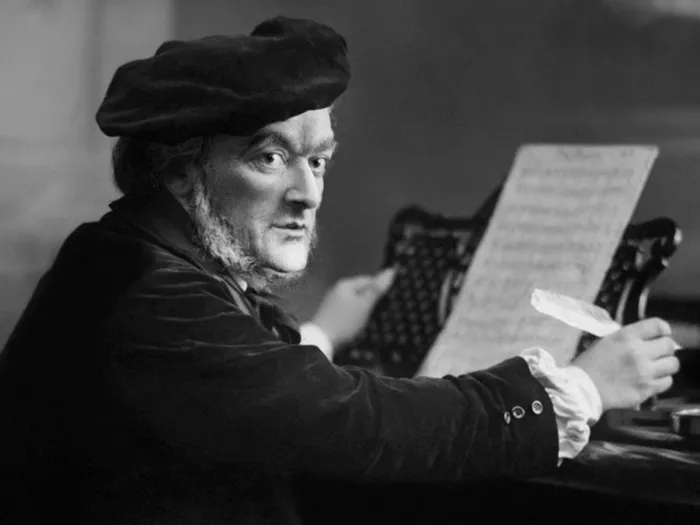As the sun stretches its warm embrace over the landscape and nature blooms in its full glory, there’s an undeniable allure to the sounds of classical music that seem to resonate more deeply during the summer months. From open-air concerts in picturesque settings to the serene backdrop of a lazy afternoon, summer provides the perfect canvas for experiencing the timeless beauty of classical compositions. In this article, we delve into the enchantment of summer classical music, exploring its history, significance, and the unique experiences it offers to listeners around the world.
A Symphony of Nature and Music
Summer has long been associated with a sense of freedom, leisure, and exploration. It’s a time when people escape the confines of indoor spaces and seek solace in the great outdoors. Classical music, with its ability to evoke emotions and transport listeners to different realms, complements this sentiment perfectly. Whether it’s the gentle rustle of leaves in a forest, the rhythmic crashing of waves on a beach, or the chirping of birds at dawn, nature itself seems to harmonize with the melodies of classical compositions.
The Rise of Summer Festivals
One of the most significant phenomena in the realm of summer classical music is the proliferation of festivals dedicated to this art form. From the iconic Salzburg Festival in Austria to the world-renowned Tanglewood Music Festival in the United States, these gatherings attract music lovers from far and wide. What sets summer festivals apart is not just the caliber of performances but also the immersive experience they offer. Attendees have the opportunity to bask in the beauty of nature while being serenaded by some of the finest musicians in the world.
Al Fresco Concerts: Where Music Meets Nature
One of the defining features of summer classical music is the prevalence of al fresco concerts. Whether it’s a grand orchestral performance in a sprawling park or an intimate chamber recital in a botanical garden, these outdoor concerts offer a unique sensory experience. The natural acoustics amplify the music, creating an ethereal atmosphere that captivates the audience. Moreover, the open-air setting allows listeners to feel more connected to both the music and the environment around them, fostering a deeper appreciation for both.
Summer Symphony Under the Stars
There’s something inherently magical about listening to a symphony under the stars. As the sky darkens and the stars twinkle overhead, the music takes on a celestial quality, transporting listeners to a realm of sublime beauty. Many orchestras around the world host outdoor performances during the summer months, taking advantage of the warmer weather and longer daylight hours. Whether it’s Beethoven’s Ninth Symphony or Tchaikovsky’s “1812 Overture,” these grand spectacles leave an indelible impression on all who attend.
Exploring Cultural Heritage Through Music
Summer classical music festivals provide more than just entertainment; they also serve as platforms for exploring cultural heritage through music. From the Baroque masterpieces of Bach and Handel to the Romantic symphonies of Brahms and Mahler, these festivals celebrate the rich tapestry of human creativity. Moreover, many festivals incorporate educational components such as lectures, masterclasses, and workshops, allowing attendees to deepen their understanding of classical music and its cultural significance.
Embracing Diversity in Classical Music
In recent years, there has been a growing recognition of the need to diversify the classical music scene, both in terms of repertoire and performers. Summer festivals have played a pivotal role in championing diversity and inclusivity within the classical music community. Many festivals now feature programs dedicated to underrepresented composers and showcase performances by musicians from diverse backgrounds. By embracing diversity, summer classical music festivals ensure that this timeless art form remains vibrant and relevant in the modern world.
The Healing Power of Music
In a world that often feels chaotic and tumultuous, the soothing strains of classical music offer a refuge for the soul. Numerous studies have demonstrated the therapeutic effects of music on mental health, reducing stress, anxiety, and depression. During the summer months, when the pace of life tends to slow down, classical music provides a soundtrack for relaxation and introspection. Whether it’s a tranquil sonata or a majestic symphony, the music of summer has the power to uplift, inspire, and heal.
Conclusion
In conclusion, summer classical music embodies the essence of the season itself—vibrant, enchanting, and full of possibility. From the grandeur of outdoor festivals to the intimacy of al fresco concerts, the music of summer captivates audiences around the world, transcending boundaries of time and space. As we immerse ourselves in the melodies of summer, let us savor each note, each phrase, and each moment, knowing that the magic of classical music will endure for generations to come.

